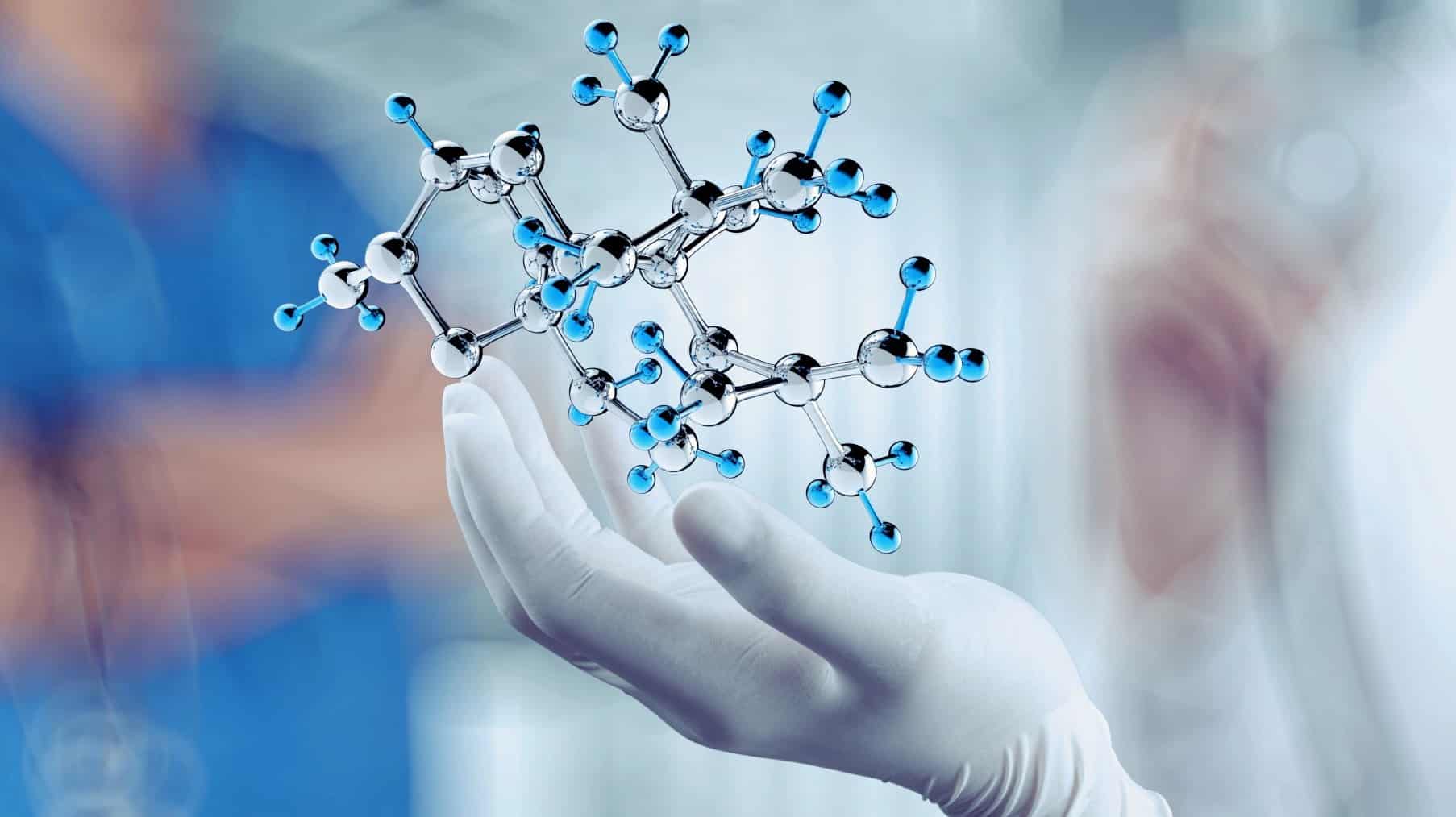Cool buildings avoiding energy expenditure (Recol)
Lowering the temperature inside the buildings with hardly any energy expenditure is the objective proposed by the SINAI agents, Navarro R&D System: University of Navarra and Luredera. He project Recool is coordinated by Aditech And it is funded by the Government of Navarra, through the call for aid for the realization of collaborative R&D projects between R&D execution agents of the SINAI.
Climate change and its consequent increase in temperatures are a greater need for refrigeration of buildings and therefore an increase in energy consumption. Specifically, according to the International Energy Agency, in the last 30 years the energy consumption for this purpose has been tripled.
With the aim of stopping this increase, the research teams of Amaia Zuazua Ros, from the University of Navarra, and Cristina Salazar Castro, de Lurederra, propose new alternatives based on passive cooling modules coated with nanomaterials that allow the cooling of the building.
The main challenges of the Recol project are: the Development of said coating capable of cooling the buildingeven exposed to solar radiation, the design of new vertical modules capable of dissipating the heat of the building and adapting these solutions to all types of buildings and surfaces.
Methanol from CO2
On the other hand, with the aim of finding a sustainable way to produce methanol, the research teams of the & D+I Navarro System, SINAI: CENER (National Center for Renewable Energies) and Naitec (Automotive Technology Center and mechatronics), have developed microbial electrolysis (month) technology in the E-Biomeoh project, also coordinated by Aditech.
Methanol is a fuel with great potential for industrial boilers, for heavy transport and aviation. It is also One of the four critical chemical compounds, considered strategicsince it is one of the most versatile products that exist in the market.
At present it occurs almost exclusively from fossil fuels, natural gas or coal. Therefore, the research teams formed by Raquel Garde de Cener and Naitec Setíbaliz Armendáriz began investigating other ways of producing it, capable of obtaining it in an efficient and beneficial way for the environment. Specifically, the developed technology consists of Use microorganisms and electricity, from renewable sources, to convert CO2 into methanol.

